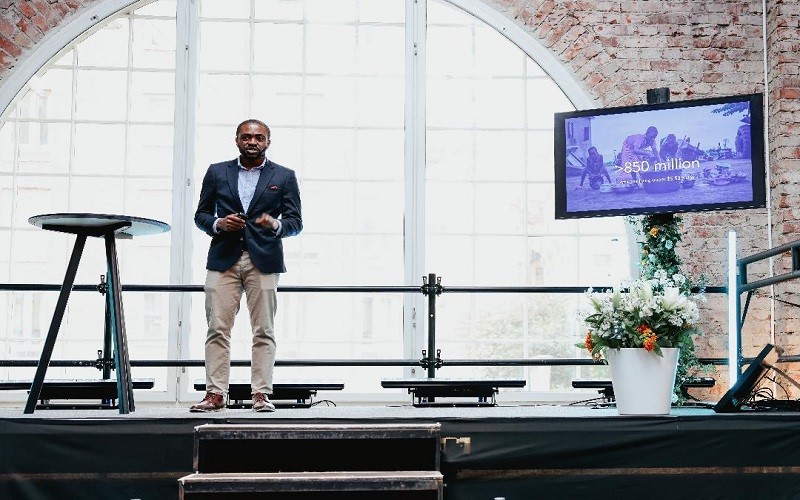Addressing the challenging healthcare landscape in Nigeria requires innovative solutions. Even though Nigeria’s healthcare landscape has its unique nuances, it shares similar challenges as most African countries: lack of sufficient funding, insufficient medical practitioners, and low accessibility to health services.
In spite of the widespread economic challenges across the continent, it is remarkable to note that individuals fund half of Africa’s healthcare expenses out-of-pocket. Nigeria is no different, with approximately 72% of healthcare costs shouldered by individuals.
There’s also a growing dependence on the Nigerian diaspora community, who in the past eight years have significantly boosted the country’s foreign reserves through remittances.
However, a scant 13% of these remittances were allocated to healthcare according to a 2018 study. It’s high time to harness the potential of this community to enhance local healthcare access.
In the light of this, WellaHealth, one of Nigeria’s foremost health-tech startups, is initiating the Healthsend Africa brand, a subsidiary of WellaHealth.
This initiative aims to enable Nigerians abroad to #SendGoodHealthHome, a social media campaign designed to create awareness and communicate the primary objective of the service.
By tapping into the financial capabilities and goodwill of the diaspora, WellaHealth plans to bridge the gap between Nigerians living overseas and healthcare services back home.
“The key challenge is access to quality healthcare for loved ones back home in Nigeria,” Joseph Okoroafor, Marketing & Communications Lead for Wellahealth, said.
“Most Nigerians in the diaspora do not trust the health service providers in the country, but would pitch their tents with a provider if they believe that their loved ones will get the best care.”
The scepticism exists due to the inefficiencies prevalent in Nigeria’s healthcare system. In 2019, Mr. Abdullahi Mashi, the Permanent Secretary of the Federal Ministry of Health, disclosed that the nation’s health sector experienced an annual deficit of $10 billion.
The situation has seen minimal improvement since. Thus, the diaspora sending funds home for healthcare remains uncertain about the quality of treatment their loved ones receive.
WellaHealth aims to alleviate these worries by helping Nigerians abroad send not just money, but reliable healthcare homes.
“This product solves the problem of transparency for Nigerians in the diaspora who are blindsided by the actual cost of care their loved ones receive whenever they send money,” Joseph Okoroafor said.
“This way, we’ll also have fewer people feeling guilty for leaving their loved ones back home among the diasporan thus bringing them peace of mind.”
The service works via a wallet system on their website which Nigerians abroad can top up to pay for various healthcare services offered by WellaHealth for their loved ones back home.
So, customers can top up their wallets which can then be used by their loved ones in Nigeria to purchase genuine medicine, get health insurance, request laboratory tests or even schedule a regular visit to check on their elderly or sick loved ones.
“Among several benefits, we’re offering them peace of mind. Nigerians in the diaspora can rest easy knowing that their loved ones are well catered for,” Dr. Ikpeme Neto, Wellahealth’s CEO, said.
“This way, they also get fund transparency, as they will know exactly how much gets spent on their loved ones.”
WellaHealth’s innovative approach mirrors the rising trend of telemedicine and health-tech startups in Nigeria.
A report by Salient Advisory indicates that a combination of telemedicine and direct-to-consumer distribution has become the predominant model for health innovators founded in recent years.
“Wellahealth believes that telemedicine will continue to grow,” Joseph Okoroafor added.
“For this product, we have invested in bot technology to support the efforts of doctors, especially when it comes to chat conversations for requests. This technology helps provide context before being pushed to our doctors, who are on standby 24/7.”

